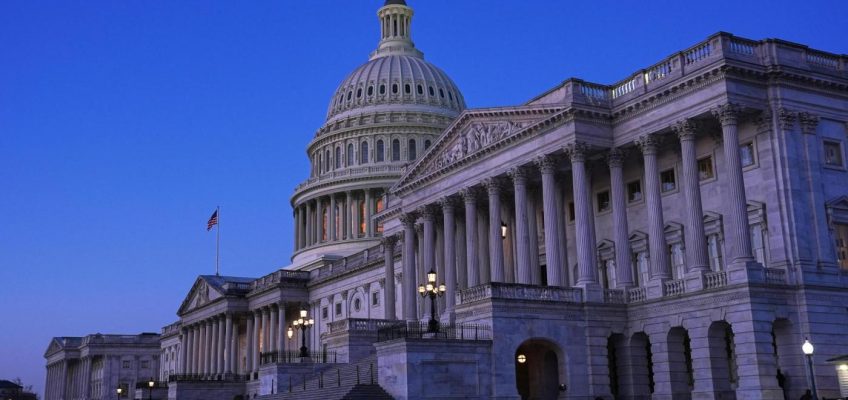FORT MYERS, Fla. — John Klein was speaking to a group of children at the MASH baseball facility in Savage, Minn., where he trains in the offseason, when director of player development Drew MacPhail started calling. By the time he got back to his phone, he estimated he had seven missed calls.
“I was like ‘OK, this could either be really good or really bad,’ ” Klein said.
It was the former.
MacPhail was phoning to let Klein know that the Twins were adding him to their 40-man roster ahead of the deadline to protect players from the Rule 5 Draft. That decision came in response to a strong showing from the Minnesota native last season in a year split between Double-A Wichita and Triple-A St. Paul. Now he’s in major league camp, getting his chance to make an impression.
An offseason ago, the Brooklyn Park native and Osseo High School graduate had spent his winter revamping his training program and focusing on his nutrition. The result of his hard work was an added 20 to 25 pounds.
“The velocity came right with that,” he said.
A couple of years earlier, he said, he would be lucky to touch 90-92 miles per hour. But once he got into minor league spring training games last year, he was all of a sudden hitting 96, and the results followed.
“I kind of had a feeling last year could be something special,” he said.
Klein began last year at Double-A, where he generally pitched in shorter stints. In 24 games at Double-A Wichita, he posted a 3.12 earned-run average, striking out 95 batters in 80 2/3 innings.
In August, he was promoted to Triple-A, where he finished his season in St. Paul, just one step from the majors.
“Mentally, it’s a little easier knowing they see something in me that maybe I don’t see in myself,” Klein said. “(I’m taking it) day by day just trying to get better.”
Klein threw one scoreless inning in the Twins’ first spring training game against the University of Minnesota last Friday. For now, the Twins are building him up as a starter, manager Derek Shelton said, though they could dial him back later on and he could make a push for a bullpen spot.
While in camp, Klein is soaking up time in the clubhouse where he has gotten to chat with some of the players he idolized growing up, like Twins Hall of Famer Justin Morneau.
“The first day, it was pretty cool to walk in, see my name on a jersey in a locker full of Twins stuff,” Klein said. “Obviously my entire life I’ve wanted to be here, and now that I am, it’s pretty cool.”
Briefly
Joe Ryan (back) played catch Tuesday at 90 feet, a development Shelton described as “encouraging.” … Luke Keaschall was taking pregame reps in the outfield, and Shelton said they expect to get him in a game next week. … Reliever Julian Merryweather left the Twins’ game against the Tampa Bay Rays early with a left hamstring strain. Merryweather, 34, is a non-roster invite in camp competing for a spot in the bullpen. … The Twins lost that game 12-1 to the Rays and lost a home game to the Baltimore Orioles 10-5 after falling behind by six runs in the first inning.
Related Articles
Twins catcher Ryan Jeffers ready to be ‘a full-time catcher’
Twins’ Brooks Lee preps for full season at shortstop
After tinkering this offseason, Taj Bradley pleased with first spring start
Twins get good news on Joe Ryan’s back: “Sorry to scare everyone”
Twins scratch Joe Ryan from start with back tightness




